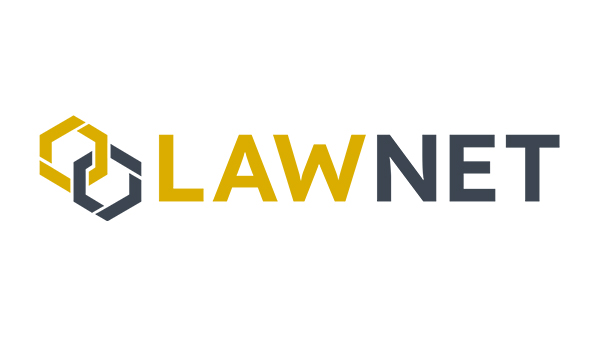Authentic or AI? Why you should never rely on AI for your marketing communications
A guest blog by Hannah Perryman of Consortium More than Marketing
Authentic, reliable, honest, ethical, client-focused, attention to detail, personal – do these words sound familiar?
The chances are they are peppered across your website, printed in your brochures and make up many of your core values as a law firm. But is using AI helping you to deliver on these brand promises?
Whilst the world is raving about AI at the moment, there is a very strong argument against relying on it for your marketing communications, especially when you are working in the professional services sector.
There is no question that AI has incredible capabilities to streamline processes, save time and improve efficiencies. Many law firms are taking advantage of the benefits that AI can bring to their business operations. Communications that work well using AI or automated programs, may include prompts such as invoice reminders, progress updates and quick alerts.
However, when it comes to communicating your key messages and building trust with your target audience, referrers, and existing clients – these messages should really come from a human. Even the chat robots will give you a long list of reasons why you shouldn’t use AI if you ask them, but for clarity, this article has been written by a human, experienced marketer.
Pitfalls of using AI for your marketing:
Lack of strategy. Chat GPT or whichever tool you use is incapable of knowing your business strategy, your marketing objectives or your firm’s story. Even if you provide masses of background information in your search, the program can spurt out some marketing tactics, but they are unlikely to align with your goals. AI doesn’t know what you want to achieve from the output it produces.
It doesn’t sound like you. Nobody is you – it is highly unlikely that a blog or social media post created via AI will sound like it has genuinely been written by one of your lawyers. The use of language, tone of voice and writing style will differ from the rest of your communications and will instantly sound disingenuous.
It is inaccurate. Accuracy is key in your communication, especially when you are writing about a legal topic. AI tools are reasonably up to date, but they are notoriously full of inaccuracies, Americanisms, and spelling errors.
It's easy to spot. With so many people turning to AI, it can be easy to identify robotic copywriting. There’s something about it that just doesn’t feel right and there is often a familiar patter and formula. It works using a series of algorithms which means all outputs follow a predetermined pattern. Whilst no two outputs will be identical, they are similar enough to stick out like a sore thumb amongst genuine copy.
Unfavourable for search engines. Due to the unoriginality and style of writing, search engines could flag issues with AI content driving pages that use it down in the search engine rankings. So, if you are thinking about using AI to re-write your website pages for you – I would be incredibly careful about inadvertently destroying your page authority altogether!
Lack of human touch. When instructing a legal professional, a human understanding and personality is often key. AI struggles to write in a way that is empathic or conveys emotion. This is particularly concerning if you are communicating on topics such as probate, family law or medical negligence where an emotive, compassionate voice is essential.
Lacks creativity. AI is limited when it comes to knowing the latest trends, pop culture references and news. Great blogs and communications draw on topical moments, interesting stories and the occasional splash of humour or controversy. Context along with subtlety is almost impossible to craft with AI.
Potential ethical issues. Tools such as Chat GPT use copy already available online, essentially borrowing from existing publications. There is, therefore an argument around copyrighting or passing off. If copy that you use infringes on copyright laws, you could see yourself embroiled in an embarrassing dispute.
PR concerns. There have been a number of cases where businesses have used AI generated content that has been published without checking. This has led to incorrect or out of date information being shared or offensive language and terminology being published online. There is also an issue with AI generated images being inappropriate or unpleasant.
It still requires human input. Whilst AI can be a useful tool for saving time, it still relies on a real person to generate the searches and cannot independently produce content for you. Content produced by AI will also require proofreading, sense checking and significant editing before it is anywhere near appropriate to use.
Artificial Intelligence is here to stay and whilst it has many pitfalls now, some of these may be remedied as it rapidly develops over the next few years.
Law firms should embrace AI for its capabilities to speed up processes, automate operations and analyse data, however, should approach with caution if they are using it to market their legal services.
To conclude, human intelligence will always trump artificial intelligence. If you want your marketing to help you stand out from your competitors and convey an authentic message, then AI should be sparsely used as an assistant not a generator.
Authentic Marketing Communications
If you have been considering using AI to help with your marketing as you lack the time or expertise within your firm, then using a marketing agency is a brilliant way to harness marketing skills without needing to employ.
Consortium – more than marketing specialise in the professional services sector and have helped numerous high-street and city law firms to develop a marketing strategy and onward plan that communicates their key messages and tells their story.
For more information visit the website.










